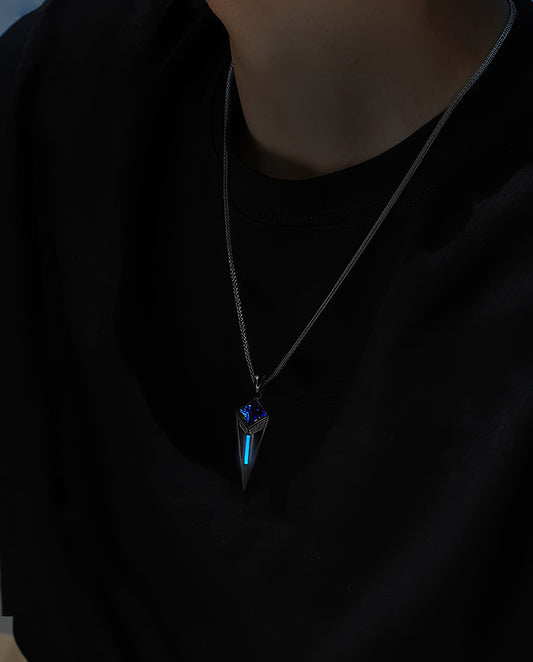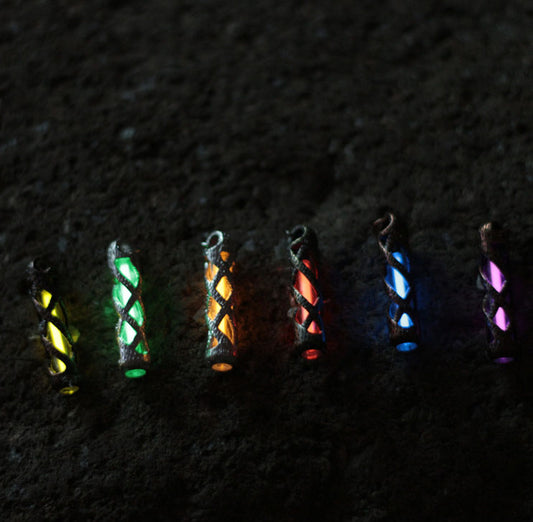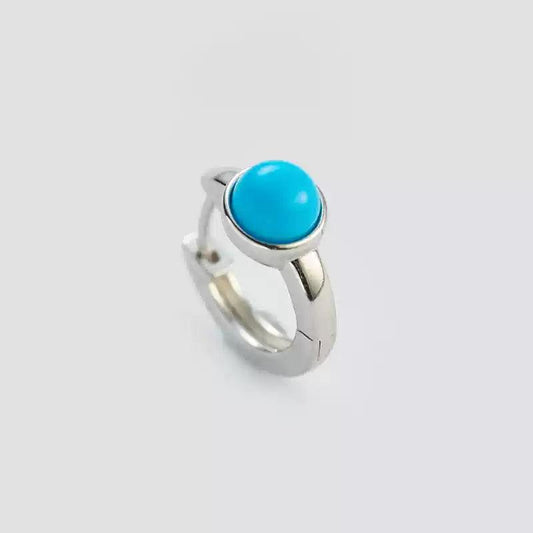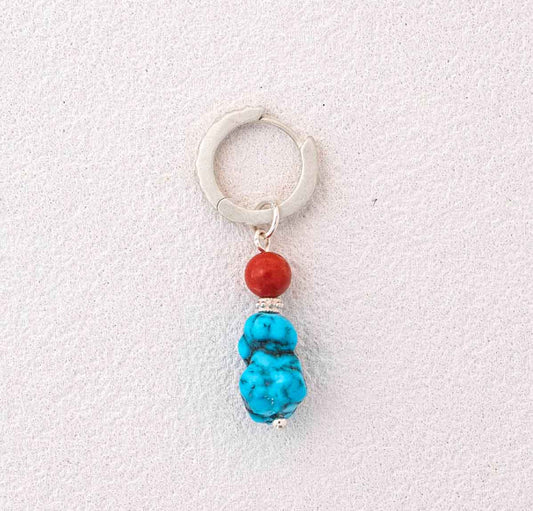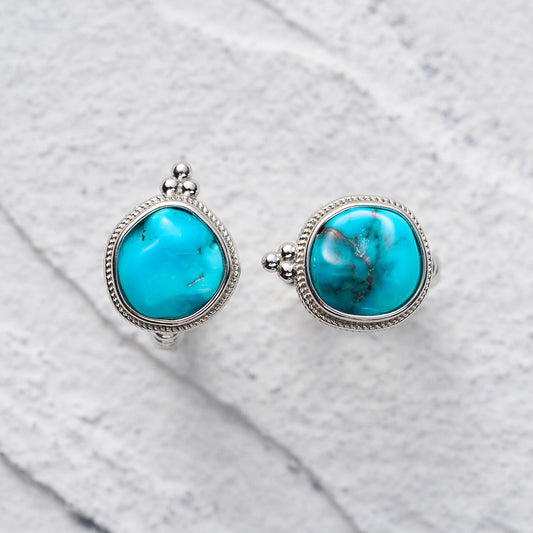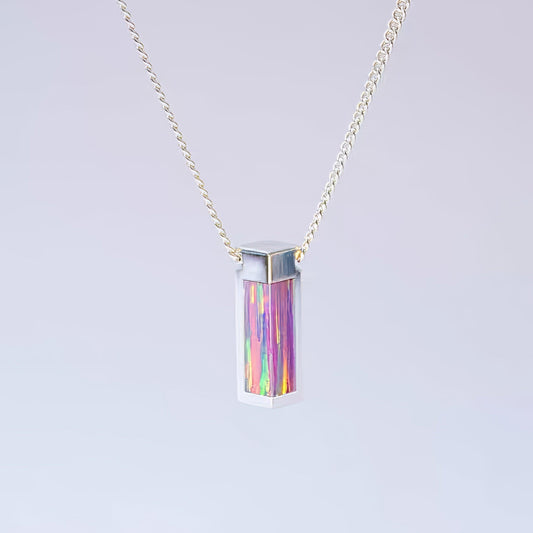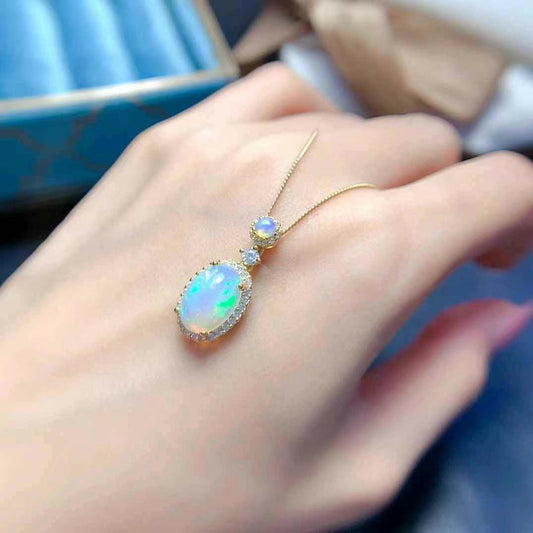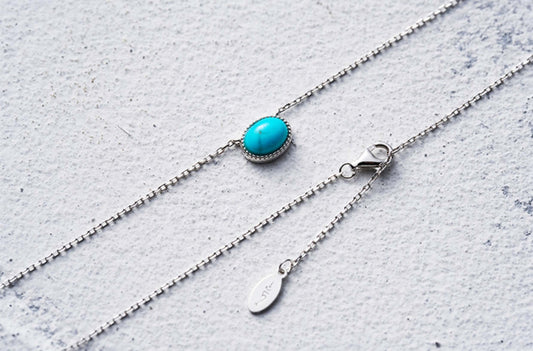Engaged vs Married Navigating Two Unique Life Stages
Engaged vs Married Navigating Two Unique Life Stages
To the untrained eye, the journey from engagement to marriage might seem like a mere formal progression. After all, it’s just a ring upgrade and a change in the legal paperwork, right? Well, not exactly. There's a world of difference between being engaged and being married, and you often don't fully grasp it until you're neck-deep in one or the other.
When my best friend, Julie, got engaged, she was glowing. The ring was dazzling, yes, but it was more than that. Engagement is this magical phase filled with anticipation and planning—not just for a wedding but for a shared life. It’s a time when you’re bursting with dreams that feel almost tangible. I remember the day she called me, breathless with excitement, sharing the news of a surprise proposal under a starlit sky. This engagement phase is like reading a captivating prologue; you’re curious, excited, and maybe a tad nervous about the story that’s about to unfold.
But here's where it shifts. Engagement is about promises—the intention of a life together. It's about exchanging ideas and laying down the groundwork. In the Western world, engagements have their own set of expectations and cultural fanfare: engagement parties, save-the-dates, and countless Pinterest boards dedicated to the “perfect” day. It’s filled with a giddy combination of stress and euphoria as you navigate everyone’s input on your future together.
Marriage, on the other hand, is like diving into the book itself. It’s where those promises are tested and transformed into everyday realities. When Julie tied the knot, it wasn’t just the wedding bands that changed. There was a palpable shift. Suddenly, it wasn't just about coordinating colors or debating over centerpieces. Marriage is about waking up to the same person, with morning breath and all, and deciding that, yes, you both still want to make it work. It’s about shared bank accounts, household chores, and sometimes the not-so-fun reality of filing taxes jointly.
One of the most interesting narratives I’ve observed is the cultural perspective on these two stages. In many Western cultures, engagement is seen as a private promise made public, while marriage carries a communal weight. You're no longer just the couple with the cute Instagram engagement posts—you're partners in a legally and socially recognized union. You might find yourself at family gatherings, fielding questions about future kids or enduring playful teasing from married couples about the “honeymoon phase.” Marriage is a social and legal contract that, unlike engagement, isn’t as whimsical to break.
But what I find truly fascinating is the subtle shift in language. When you move from saying “my fiancé” to “my husband” or “my wife,” there's an implicit weight to those words. They carry a sense of permanence and commitment, deeply rooted in legal, emotional, and often religious connotations. It’s a bit like finally settling into a new pair of shoes after that initial pinch. They might feel sturdy and ready to take on all types of weather, but they require effort and care to keep them looking good.
So, if you ever find yourself standing in the transition from engaged to married, embrace it. Enjoy the creative chaos of engagement and the stability and depth that marriage can bring. Both are uniquely their own, filled with their own sets of challenges and joys. At the end of the day, whether you’re planning a wedding or navigating married life, remember: it's your story to write. Just make sure it’s one you'd want to read over and over, even with the occasional plot twist.
